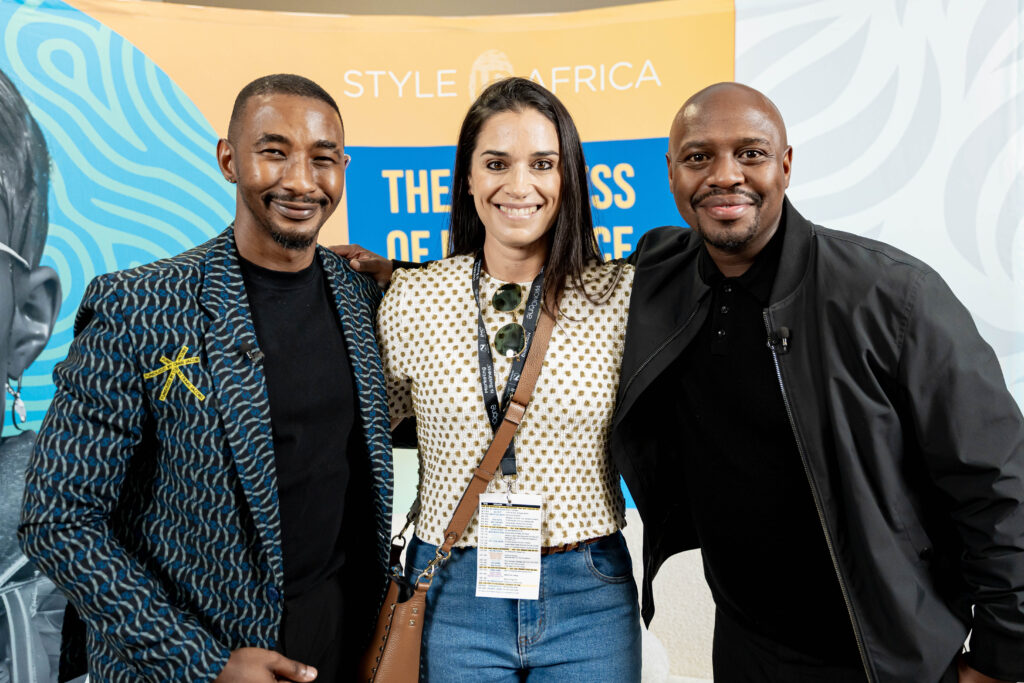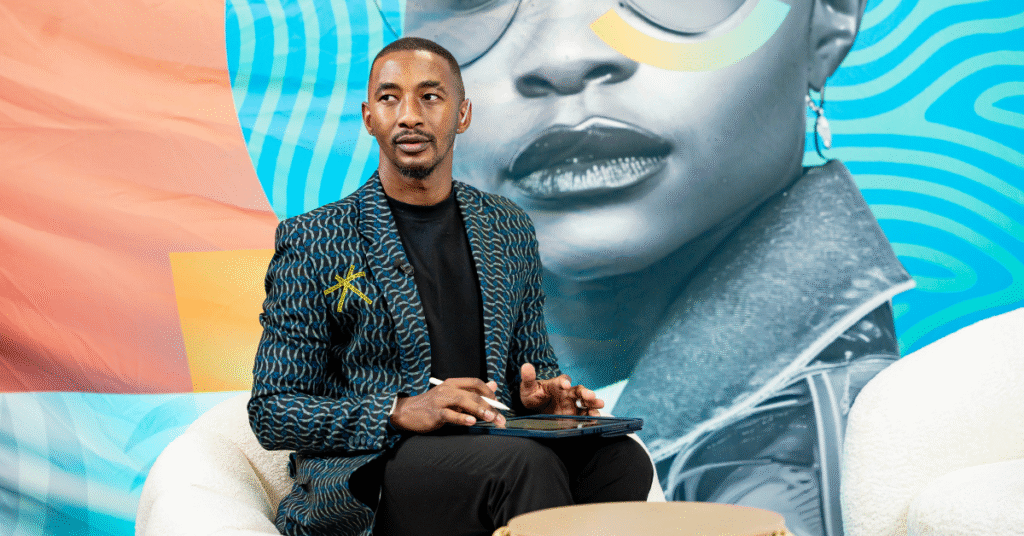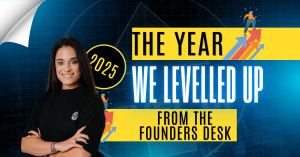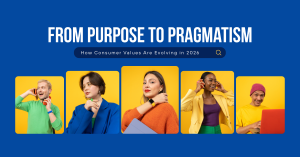Candy Pratts Price, the famed former fashion director of accessories for American Vogue, once said, “ September is the January of Fashion”. I think this may also be true for the African Marketing world. This September, the premier marketing convening, The 2025 Integrated Marketing Conference, took place in the leafy northern suburb of Fairlands in Johannesburg to much anticipation, and it was a grand affair by every measure.
As the host of The Business of Influence Podcast, it is one of the busiest and most consequential days on our calendar as we get a rare moment to sit down with the heavyweights of the marketing ecosystem. It gives us the opportunity to take the temperature of the marketing industry zeitgeist and hear first-hand from the people who colour and create in our industry and understand in which direction the collective market is heading.
After conducting more than 14 interviews with Chief Marketing Officers, Marketing Vice Presidents, Heads of Brands and Executives, I have been afforded some interesting insights.
1.Marketing is business, and Influencer Marketing is Serious Business
Historically, marketing has always been the money-wasting, party-throwing, nice-to-have department that the rest of the corporate C-Suite tolerates. However, in the world of razor-thin margins, discerning consumers and the perpetual fight for mind and market share, Marketing has not only taken up room in the C-Suite corridors, it has taken centre stage in the planning and execution of the business strategy. The business can no longer rely on the goodwill it has with consumers to secure its bottom line. Consumers require brands to, as Dean Oelshig of Halo Advertising put it, “to solve a problem, entertain or inform”. Failure to do so means that brands will be confined to the rubbish heap of disconnected brands with no relevance to their consumers.
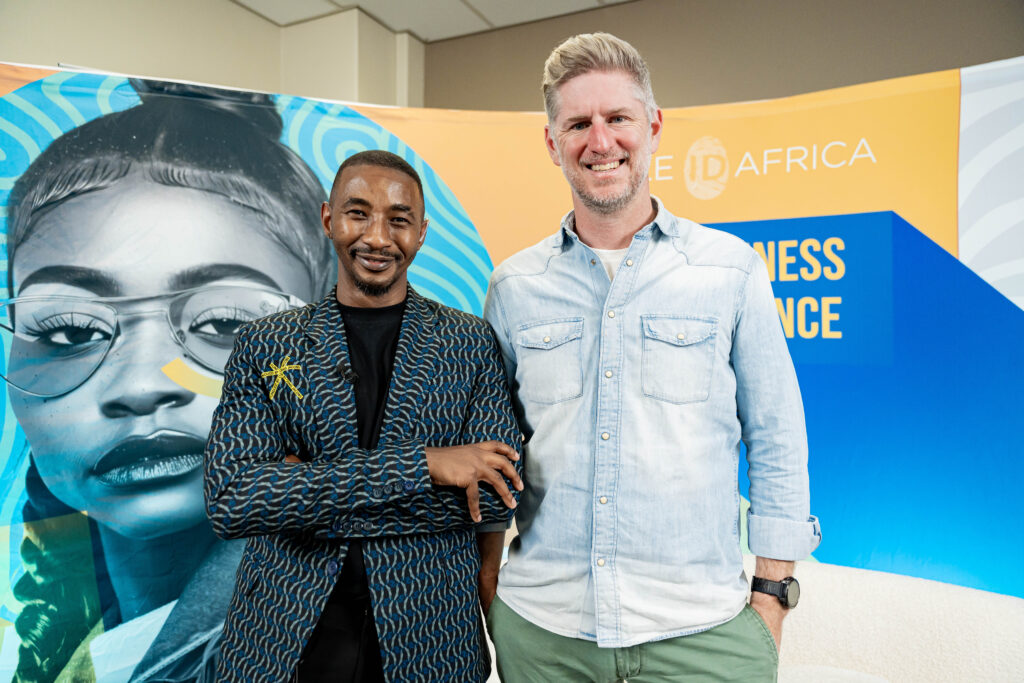
Influencer marketing, then, is the next frontier as a differentiating factor. We know that people trust people to recommend brands to them; they rely on recommendations and condemnations to make decisions as to where to spend their money. Further, the general consensus is that the global north is leaps and bounds ahead of South Africa when it comes to influencer marketing, but more importantly, that, when done right, it can future-proof a business and catapult a brand to stratospheric levels.
One of the most interesting conversations at the IMC was with the Head of Marketing at Primedia Outdoor, Nomzamo Moalusi. The conversation around the death print in favour of digital has long been had in boardrooms and timelines alike. To me, this also meant the death of static media like billboards. Nomzamo highlighted that, apart from the 10,000 ads that South Africans encounter, many of them are Out Of Home.
2. Fear is misplaced.
Who can forget the Wednesday billboard on the intersection of Winnie Mandela Drive and the N1 in Johannesburg, or the quirky and very South African Pineapple Insurance billboards, or that massive Betway logo placed cheekily on the, well, cheeks of Springbok players with the copy, “behind every bok”.
Nomzamo highlighted that the question now is how to make OOH advertising more interesting for the consumer as they seek entertainment as much as information. Further, now that billboards are digital, the ease of changing them to be more interactive and dynamic means the consumer experience is elevated. Imagine changing a billboard for an insurance company on the national roads during a summer rainstorm to read “careful, we know when it rains its pours, choose the right insurance to make sure you’re not caught slipping on a rainy day”
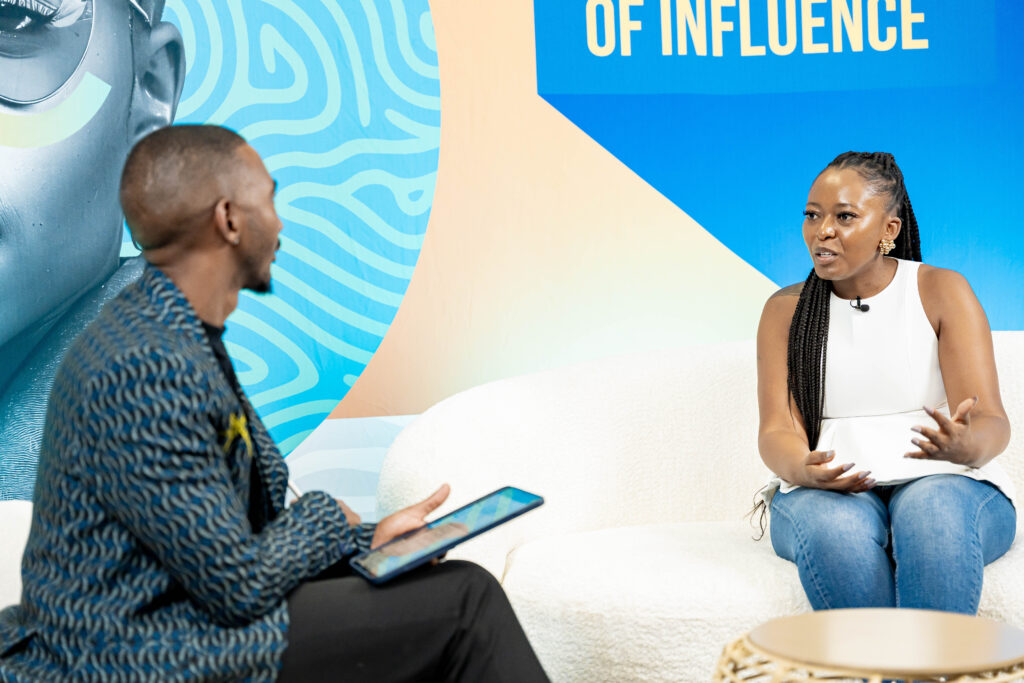
3. And AI?
Well, here’s the hard truth about the world of Artificial Intelligence. It will definitely make many jobs obsolete. It will definitely redefine industries and will actually benefit the world of marketing. The mundane jobs will be automated to free time for creative ideation. There will be no limits to the creative process as the quality and quantity of work will be exponentially increased. I recently met a musician who has created AI versions of herself, their AI twins, if you will. They have been able to create multiple versions of their own voice that go beyond their own true voice. She can now collaborate with herself. She can texture her voice in ways her actual voice ordinarily couldn’t. Imagine the kind of content influencers and content creators can create. The benefits are almost endless.
IMC 2025 was an education, and as Style ID Africa, we have an exciting role to play to advance the world of marketing in general and influencer marketing in particular. The hook is to do as we have always done, embrace new methods while centering the client and their needs alongside creators’ and consumers’ needs.
